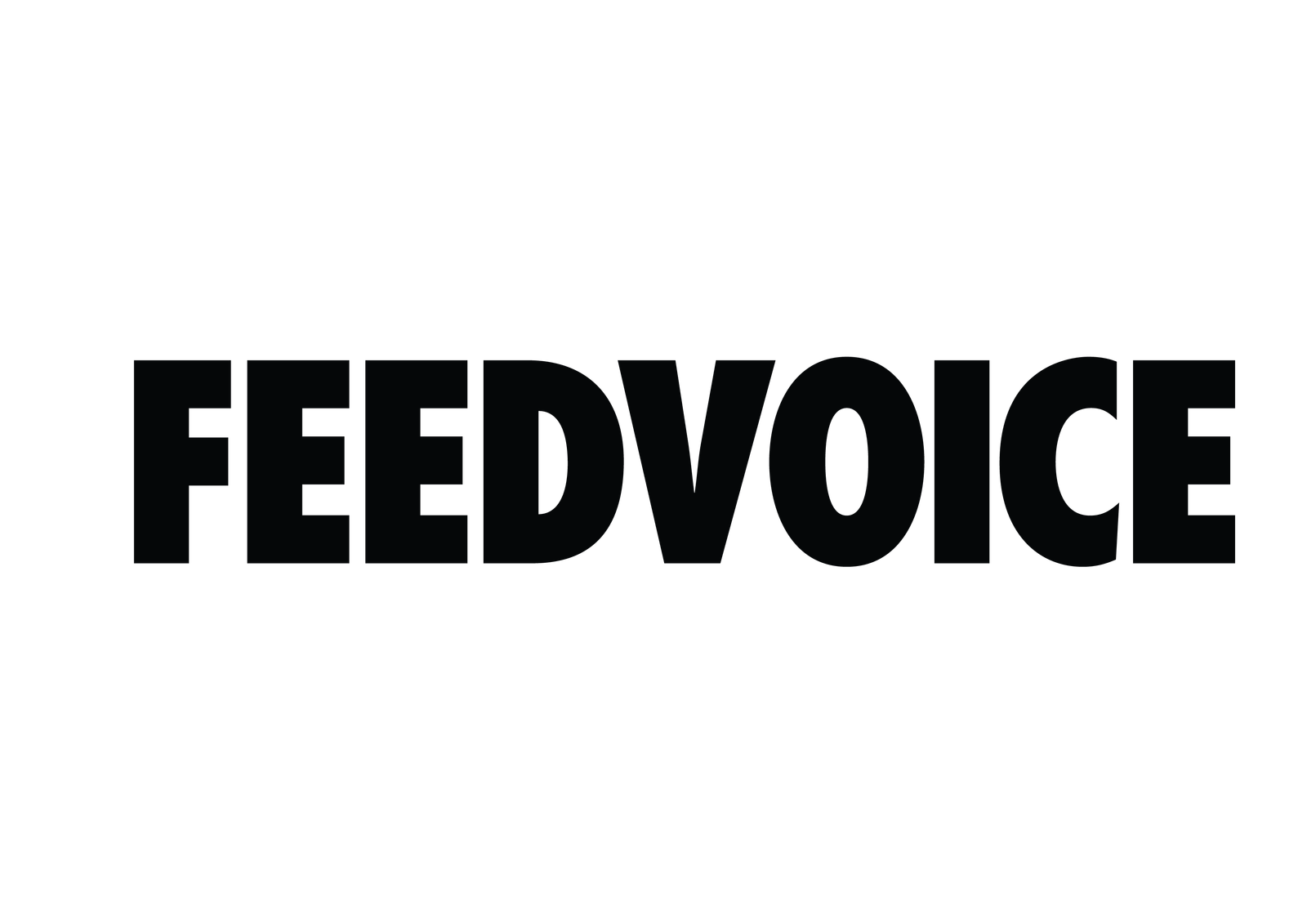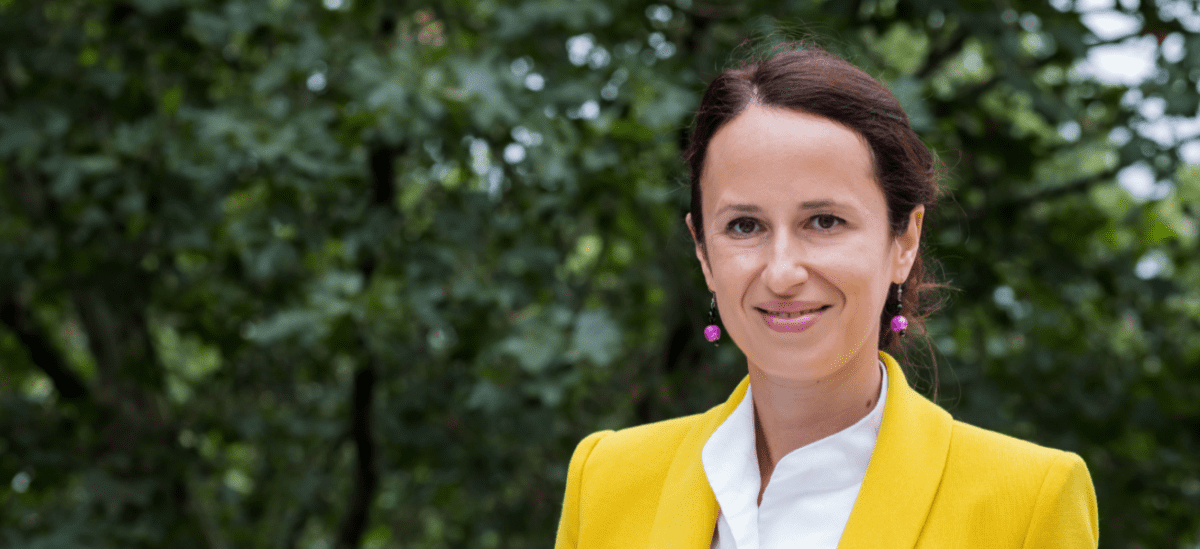“Leadership is not about job title, a big income, and a power suit. It is a way of being.”
Sara Sabin
Sara Sabin is a qualified accountant, former start-up founder of two start-ups (one successful, one not!), and an international transformational leadership coach. Having been through many transformations herself over the years, it wasn’t until the most recent transformation that she really cracked it! Sara is a contributing writer to the Entrepreneur Magazine Leadership Network, and a regular contributor to the Fast Company, as well as a Co-Author in the #1 International Amazon Bestseller, Cracking the Rich Code (Volume 5). Sara loves to work with entrepreneurs, who have a grand vision and want to make a big impact on the world around them, through their company.
She helps them to develop ‘future intelligence’, so they remain competitive in the years to come. Sara uses neuroscience, positive psychology, and cutting edge transformative coaching techniques, to coach leaders and their teams, to become more self-aware and emotionally intelligent, and to approach leadership and business challenges in a more creative way, so that they become more influential, effective, and profitable, ultimately increasing their own and their team’s business and bottom-line impact.
Thank you so much for doing this with us! Can you tell us a story about what brought you to this specific career path?
Sara Sabin: My career journey has been full of interesting twists and turns. And it’s only looking back on it all that I realize how much I was motivated by negative motivators until my mid-30s.
I worked as a tax accountant and for a multi-family office for my 9 years in the corporate world, I picked a career when I was younger based on what I thought would be safe and secure. But during the last couple of years of my corporate career, I realized that something wasn’t right. And I knew that simply moving job or earning more money wasn’t likely to fix the problem. It was during these years that I co-founded my first start-up and the entrepreneurial bug started to take hold.
I left the corporate world at the end of 2015 and over the next few years, I walked away from my first start-up, after the situation with my co-founder became untenable, and founded a second start start-up in the tech space. Looking back on it, I know it was simply a vanity project. I wanted to be a woman succeeding in the tech space. There was no real passion or fire for it. And I found every moment of it hard – I suffered from stress, anxiety, and near burnout. Although to the outside world, it looked like everything was going well (we had a team, we had user traction, we had a product), my personal life, health, and relationships were breaking down. I turned down a large investment offer because I could not commit to staying there longer.
After that, I swore I would not go into any new business venture, without being clear that it was intentional and from a place of positive motivators. At that time in my life, I came across transformational coaching and everything changed for me. I knew that that was the business I wanted to build, helping leaders and entrepreneurs to fulfill their true potential AND achieve happiness, satisfaction, etc as well.
Is there a particular person who you are grateful towards who helped get you to where you are? Can you share a story?
Sara Sabin: I count my lucky stars every day that I have a partner who supports me in everything that I do (and calls me out on my BS, when it needs to be called out!)
I’ve had the space and support to grow and evolve as an entrepreneur because of him, and having that support network is crucial. There’s never any vision that he says is too big for me (I’m an aim for the stars kind of person), he believes in me, reminds me to be proud of myself, and is my biggest cheerleader. I have built a six-figure coaching practice in my second year of business, helping to co-create amazing transformations for my clients, and he has been a part of that journey.
Plus, he encourages me to slow down and stop working (which I need!)
What are the most common mistakes you see entrepreneurs make and what would you suggest they do?
Sara Sabin: Picking out some common ones I see again and again:
- Listening too much to other people instead of following their own gut feelings. Advice is great and we should all surround ourselves with smart people but you don’t have to listen to everyone or believe that things have to be done in a certain way because someone said so. As one of my clients said to me: “when I make a decision and everyone says I’m crazy, I know I’m on the right track because most people think in a limited way.” Choose carefully who you listen to.
- Believing that more and more hard work and sacrifice is the answer. Yes, building a business is hard. And you’ll have to work at it. But it’s even harder when your mindset, habits, and belief systems aren’t behind what you’re trying to achieve. Ignoring your emotions and feelings and burying your head in the sand about mental health, makes you less likely to achieve success. Imagine if you could achieve more with less?
- Doing everything yourself – this goes for early-stage and established entrepreneurs. You need to be building a team that supports you and challenges you – a company is as good as its team. If you have a strong team, it will always be better than one amazing person alone, trying to carry everyone and everything along.
Resilience is critical in critical times like the ones we are going through now. How would you define resilience?
Sara Sabin: The ability to bounce right back whatever life throws at you.
I have had the privilege to work with clients who are remarkably resilient. When you develop this quality (and you can develop it, because it’s all about learning from challenges and seeing the good in them), you really can achieve anything.
What is most important to your organization—mission, vision, or values?
Sara Sabin: Can I say all 3!?
Vision is absolutely crucial – without a bigger Vision for what you’re trying to achieve, which is linked to your Purpose, it’s easy to get lost along the way, make decisions that don’t support your long-term plans, and lose motivation. The Vision takes us out of the weeds day-to-day and the short-term, urgent stuff that doesn’t help us to grow, and reconnects us with a big picture. It also enables you to create a shared philosophy and an internal (employees) and external (customers) tribe.
Visions should be big – if it doesn’t scare you if you know all the steps to get there, it’s not big enough. My vision, for example, is to create one million leaders making a positive impact (I count entrepreneurs within that!). BUT values are also important because there is no point in achieving a vision in a way that contravenes your value system. This is not likely to lead to happiness or satisfaction in what you have created.
Delegating is part of being a great leader, but what have you found helpful to get your managers to become valiant leaders as well?
Sara Sabin: Show the way and lead by example. As a leader, walk the walk and people will observe that. People follow what you actually do, not what you say they should do. Implement a coaching culture (again this starts from the top)- managers are not just there to delegate tasks. They are there to coach and mentor staff. To do that, they really have to get to know their team, their Purpose, their motivators. They have to invest the time in developing them and helping them to achieve what they want, as well as challenging and pushing them as well. Train managers in core leadership skills – regardless of job title, staff should recognise the value of developing core skills, such as creative problem solving, emotional intelligence etc
How important do you think it is for a leader to be mindful of his own brand?
Sara Sabin: I am a big advocate of leaders having a distinct and authentic personal brand. If a leader wants to make an impact, spread a certain message, and create a company of loyal and high-performing employees; being consistent in your behaviours and the message you choose to project is key.
At a time when the world is becoming more skeptical and cynical of leaders, the ones that project genuine empathy, compassion and positive messages, will stand out.
How would you define “leadership”?
Sara Sabin: Leadership is not about job title, a big income, and a power suit. It is a way of being.
Some of the old perceptions of leaders are far from positive. People might perceive that leaders achieve their position by virtue of experience and in-depth knowledge and are expected to have all the answers and to tell everyone what to do. As we all probably know, knowledge doesn’t make someone a good leader. In fact, there was a study by TalentSmart showing that emotional intelligence tends to drop the higher you go in an organization – dropping rapidly after director level. It seems telling that a lot of people in a position of leadership don’t know anything about dealing with people.
This is perhaps why so many people that have all the attributes of a ‘leader’ do not call themselves a leader when asked. Attributes such as empathy, humility, courage, and people skills.
The old style of leadership had a few years to run pre-Covid 19. Companies relaxed about how they made their money can’t do that anymore. You have to adapt very quickly to changing events. The companies that are run in a hierarchical way, where decisions take a long time to be made evaporate quicker, as they are less agile. New leadership is key to exponential growth, team motivation, and also, the long-term sustainability of the company. You need a company of leaders, not just the people at the top
Do you think entrepreneurship is something that you’re born with or something that you can learn along the way?
Sara Sabin: I was certainly not a born entrepreneur!
I believe maybe some people are born with it, but for me, it was something that I’ve learned along the way. But once I got the taste for it, I was hooked. The challenges are part and parcel of it (and resilience is key) but it’s so worth it if you’re that way inclined!
What’s your favorite “business” quote and how has it affected your business decisions?
Sara Sabin: Steve Jobs – “Don’t let the noise of other people’s opinions drown out your own inner voice”
There is so much noise out there in the business and entrepreneurship world – you need a way to cut through the noise. At the end of the day, true leadership is having the courage of your convictions, finding your own style and niche, and encouraging others to do the same. You can’t do that if you’re always letting other people’s voices influence your decisions and actions. Know when to listen and when you need to follow your inner voice.
This interview was originally published on ValiantCEO.


